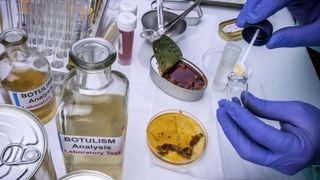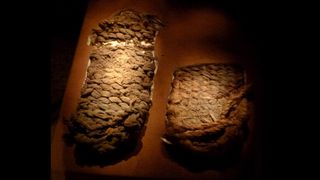life's little mysteries
Latest about life's little mysteries
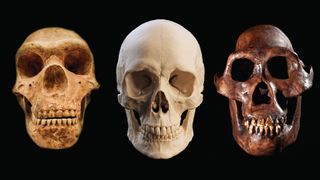
Why did Homo sapiens outlast all other human species?
By Mindy Weisberger published
What's the secret to Homo sapiens' success as a species?

How many animal species have humans driven to extinction?
By Patrick Pester published
Animals are disappearing too fast for researchers to record all of the extinctions we've caused.

Why do dogs look like their owners?
By Ashley Hamer published
When a dog looks strikingly like its owner, is that a coincidence or is there more to the story?

What would happen if a black hole wandered into our solar system?
By Ashley Hamer published
Black holes aren't "cosmic vacuum cleaners," but what would happen if one wandered into our solar system?
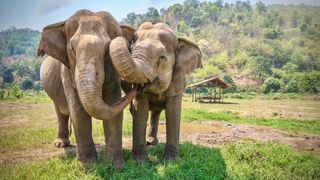
Do animals have friends?
By Mindy Weisberger published
Friendship is a key component of human social relationships. Is this also true for animals?
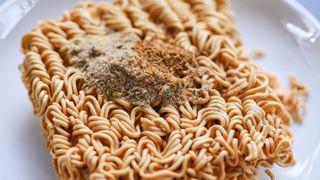
Is MSG bad for you?
By Donavyn Coffey published
The case against MSG began with a letter to the editor back in the 1960s. But was there any truth to it?

Will we have more earthquakes because of climate change?
By Katherine Irving published
Changes in sea level and glacial melt could make earthquakes more likely in the coming years.
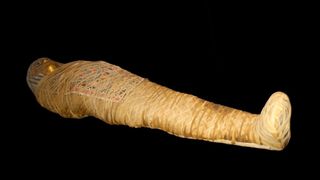
Could bacteria or viruses lurking in ancient Egyptian mummies unleash a plague today?
By Jennifer Nalewicki published
Do mummies contain pathogens that could be transferred to humans today, and should we be worried?
Sign up for the Live Science daily newsletter now
Get the world’s most fascinating discoveries delivered straight to your inbox.
